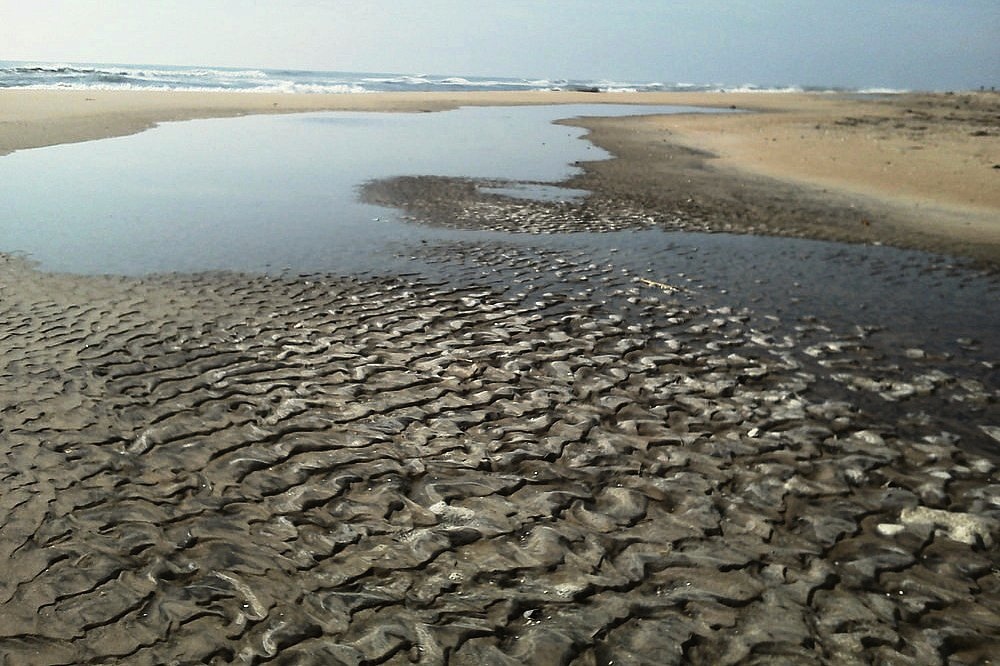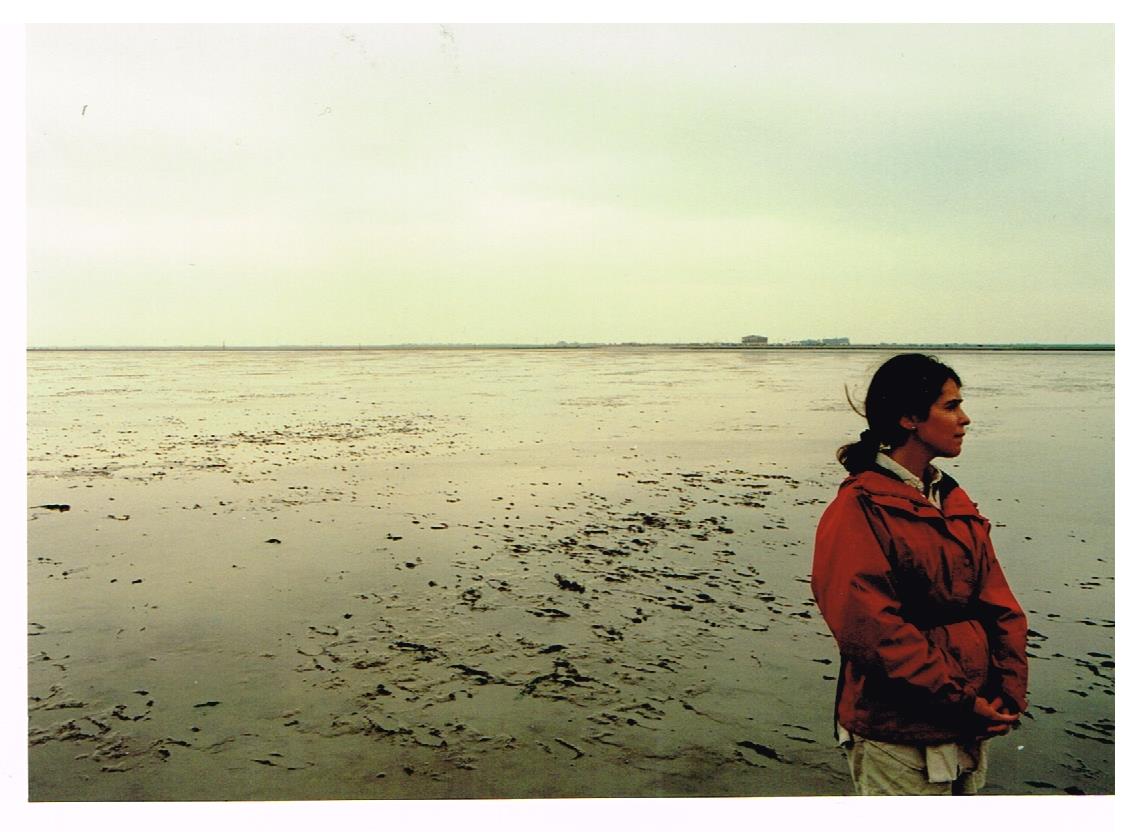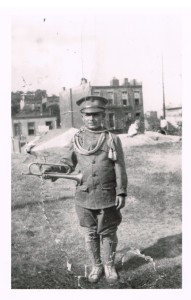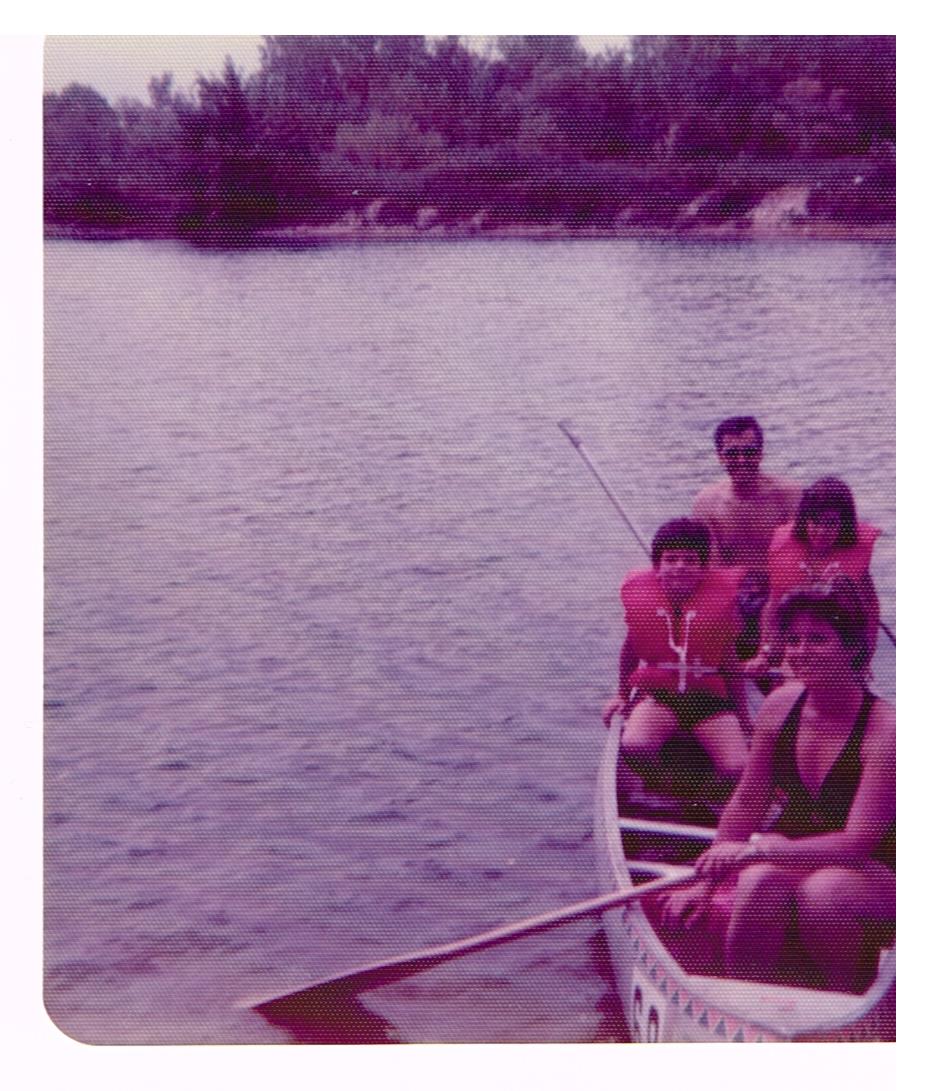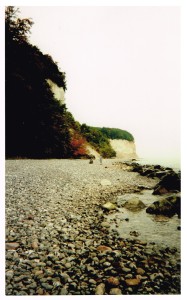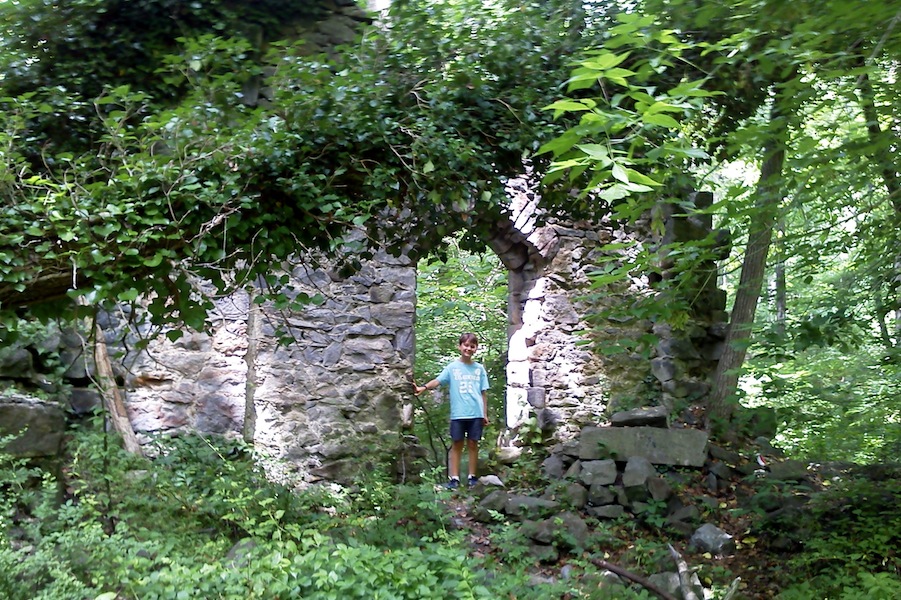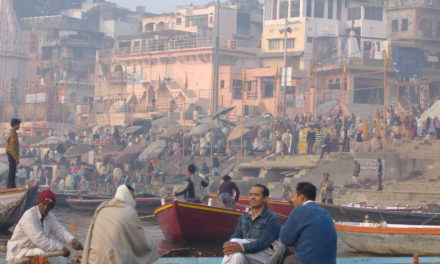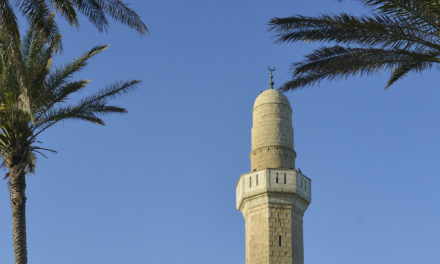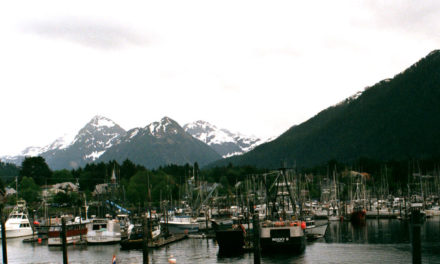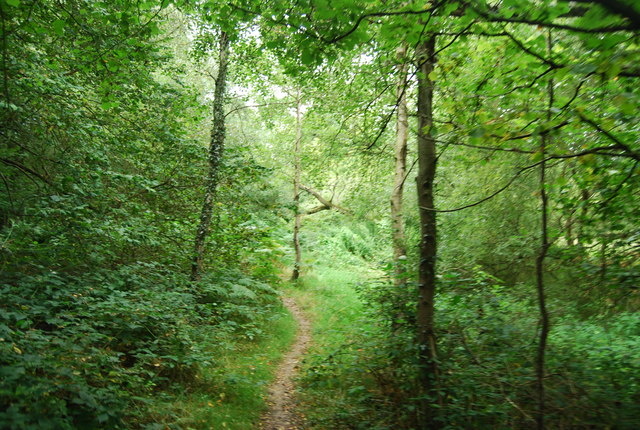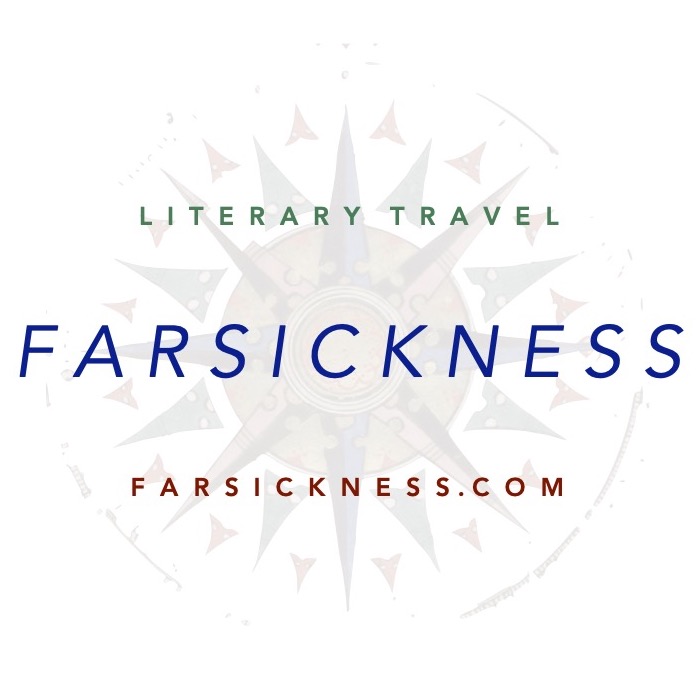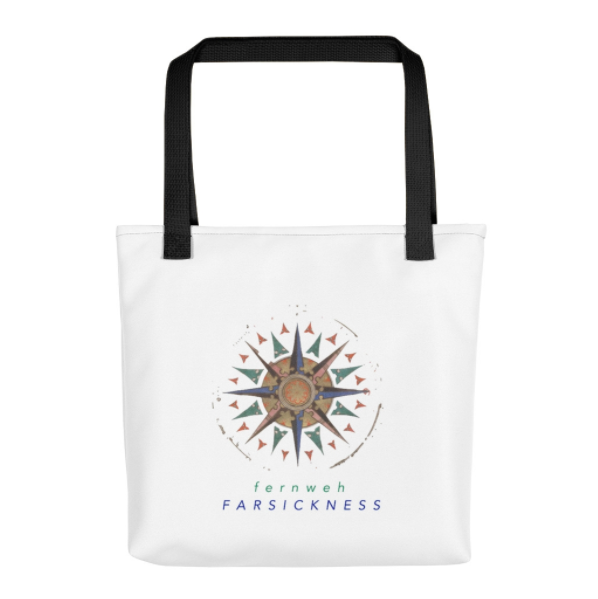Four Questions on Farsickness is an interview series with creative writers for whom place is essential to their work. Each writer answers the same four questions—and featured this week is award-winning poet, playwright, and editor Joelle Biele.
1. Share a little about where you’re from. When you were growing up, what place—real or imagined—most fascinated you, and why?
My family moved several times when I was growing up, from towns in northern New Jersey to the Chicago suburbs to Baton Rouge, Louisiana, to northern Westchester County, New York. My parents’ families never left the New York area after emigrating from Italy, so the move to Chicago was a big deal. New York, and the Bronx in particular, became the center of our emotional life, this mythic place of my parents’ childhoods. I heard story after story about what it was like growing up near the zoo and caught bits and pieces of phone calls sometimes filled with all the operatic drama of a large, extended family. I was an avid letter writer, and my grandparents indulged me by being my pen pals, now and then sending photos of themselves as children while encouraging me to study and do well in school. One of my favorites is of my father’s mother when she was about twelve years old, standing on the roof of her apartment building on Henry Street, the Manhattan Bridge to the north, soon after arriving from Sicily; another is of my mother’s father, maybe ten years old, wearing his St. Anselm’s school uniform, his bugle at his side, standing near what is probably St. Mary’s Park. He was so proud to have gone through sixth grade. The New York I imagined was based on these stories and the longing they created in our home; they contributed to the feeling that wherever we were it was only temporary, that home was always someplace else.
The idea that nothing is constant also came from my family’s involvement in “the rock club,” or more formally, the Earth Science Club of Northern Illinois (ESCONI). It was a social thing for my parents; neighbors got us involved. The rock club met one Friday a month in a school gym for a presentation about fossils, say, or quartz, followed by pie at a local restaurant. There were also Saturday morning kids’ meetings and weekend rock hunting trips to streambeds and quarries scattered around the Midwest. I loved how we could wade into Lake Superior for agate formed when volcanos were active or into Lake Michigan for Petoskey stones, a kind of fossilized coral from when the Midwest was an inland sea. We’d crack open geodes created in the sediment of that seabed in what was now a farmer’s field and use picks to release the brachiopods and trilobites lodged in a strip mine’s exposed walls. Out of that sea rose swamps and giant fern forests, fronds of which I loved to collect, a world scraped clean by advancing and retreating glaciers over a mile thick. For a kid trying to create some sort of order, geologic time stacked like lines on a ruler was addictive.
2. What travel has been a particular inspiration to your work?
Germany figures in both White Summer and Broom. I was a Fulbright professor in Oldenburg, staying for a year, and the room I rented was in the town’s very tiny red light district, arranged by my boss as, I think, a kind of joke. My windows shared an alley with a strip club, and every night an electronic bass thumped away—not even earplugs and a fan could block it out. I was locked into the lease, so I started traveling through Germany and western Europe, returning to Oldenburg one night a week for my back-to-back teaching days. I liked to joke travel was the only way I could get some sleep. It was budget travel in the extreme, and I often stayed in rooms rented by elderly women. I loved their stories; they often wanted to talk about the Second World War and take care of me; they were intrigued by the idea of a young woman traveling alone. There are poems about Oldenburg, Kiel (where I went to language school), the Wattenmeer, Nordfriesland, Ruegen, the Lueneberger Heide, Guestrow, Expressionist painters, and many failed poems that came out of my time there.
3. Where do you “escape to” to recharge creativity?
I love to walk. I’m fortunate in that there’s a large park with a lake not far from my house, so I often take that loop from my neighborhood, sometimes by myself, sometimes with my dog. There’s also a large state park along the Patapsco River with beautiful, cathedral-like trails. Every now and then you’ll see a long train, cars heaping with coal, following the route of the old Baltimore and Ohio Railroad; they’re a reminder that the river was once lined with flour and cotton mills, the ruins of which are scattered along the banks and through the woods.
Chincoteague, Virginia, of Misty of Chincoteague fame, has also been a favorite since I lived in Washington, D.C. Except for the addition of a few hotels, the town has remained largely unchanged in the twenty-plus years I’ve been going. The wildlife refuge on Assateague is the big attraction. It’s a major stop on the Eastern Flyway, and each spring and fall its tidal marsh is flooded with birds and birders, pointing binoculars and scopes in all directions. But the main reason I like Chincoteague at these times of year is the near-empty beach. I love walking along shore, looking for shells. I go slow. The island has a fascinating history of shipwrecks going from eighteenth-century Spanish galleons caught in storms to a coastal steamer sunk by a German U-boat. Hurricane Sandy churned up the ocean floor, which for months afterwards released with the currents mid-nineteenth-century bottles, sailing timbers, the side of a ship, and dozens of leather shoes. (I’d love to find a shoe!)
4. Where would you most like to travel to next?
Oh, that’s a tough one. How to choose?! If I hit Lotto, I’d love to explore South America. Since I was a kid, I’ve dreamed of seeing Machu Picchu, the Amazon, Angel Falls… My roommates in college were from Buenos Aires and Caracas, and their stories and Elizabeth Bishop’s poetry just added to the list of places I’d like to see. But for right now, I’m thoroughly enjoying exploring the Adirondacks with my kids.
Joelle Biele is the author of Broom and White Summer and the editor of Elizabeth Bishop and The New Yorker: The Complete Correspondence. Her essays, fiction, and reviews appear in such places as American Poetry Review, Black Warrior Review, Boston Review, Harvard Review, and Kenyon Review. Her play, These Fine Mornings, was first read at the University of Chicago with the support of the Poetry Foundation. The recipient of awards from the Maryland State Arts Council and the Poetry Society of America, she has been a Fulbright professor in Germany and Poland and taught American literature and creative writing at the University of Maryland, Goucher College, and Johns Hopkins University. She lives in the Baltimore-Washington area. Find her online at www.joellebiele.com.

